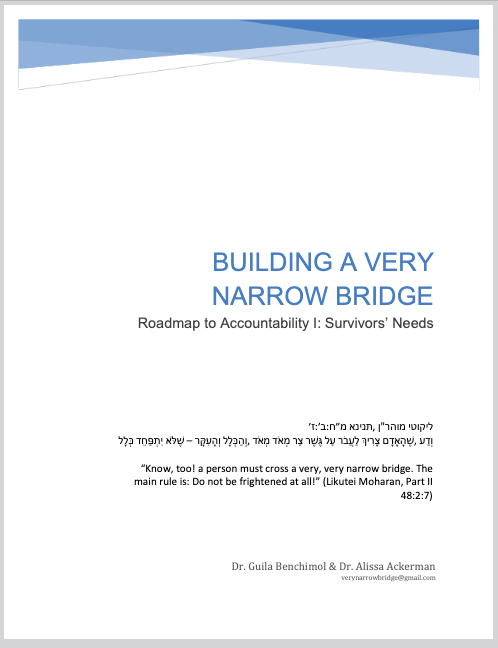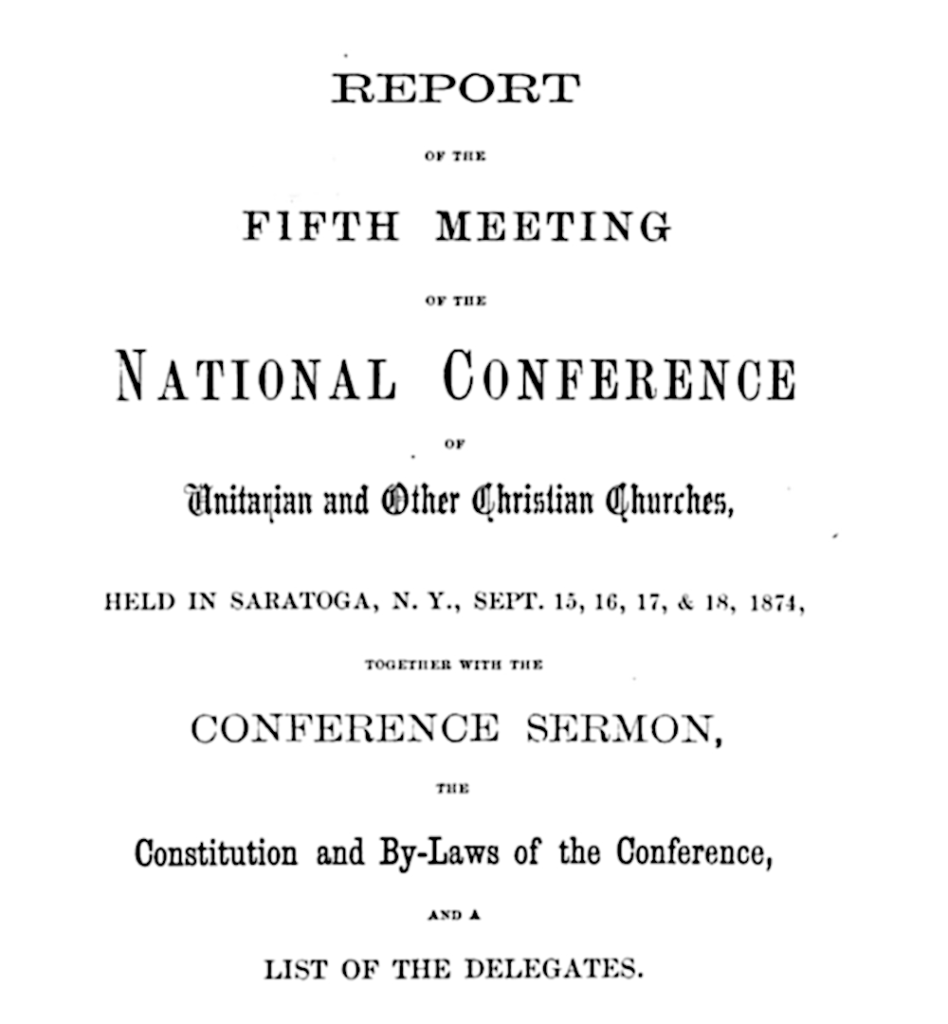I’m slowly making my way through a 19,000 word article on Confucian quiet-sitting — “A Study of Cheng Yi’s Quiet-Sitting Meditation and Other Contemplative Practices in the Confucian Context” by Bin Song, Mandala Texts (2023), 1-46 (https://doi.org/10.57010/NCGZ4591. Accessed October 6, 2023.)
Not only is it a fascinating article, it might have a real-world effect on the way I think about my own contemplative practices.
I’ve tried the the usual sitting meditation practices taught in North America, and I haven’t felt comfortable with them. Most of the sitting meditation techniques we learn in North America are based on Buddhist sitting meditation, or less often on meditation techniques from the Indian subcontinent. Both Buddhist and Indian meditation techniques are based on distinct end goals (e.g, nirvana in the case of Buddhism). Buddhist and Indian meditation techniques also presume a certain social orientation, often involving some kind of retreat or separation from society. So if you’re like me, and you don’t buy into the end goals or the social orientation of the usual sitting meditation, you’re likely to wind up not wanting to do sitting meditation.
The Confucian — or, to use scholarly jargon, Ruist — technique of quiet-sitting offers another type of contemplative practice. Quiet-sitting differs significantly from Buddhist sitting meditation. Bin Song writes:
“The term ‘sitting at ease’ is used in Chinese Buddhist texts to refer specifically to the Buddhist style of cross-legged sitting meditation. These two quotations suggest that [Ruist scholar] Cheng Yi had reservations to this style for two reasons: first, it encourages Buddhist practitioners to talk about miraculous but impractical deeds and events, and second, it detaches meditators from their everyday human affairs. Cheng Yi aimed to distinguish his contemplative practices from Buddhism and Daoism….”
In addition, Cheng Yi taught that quiet-sitting was just one of several contemplative practices that would achieve the same goal. Bin Song describes several of these. I was specifically interested in the one called “beholding the vitality of the myriad things,” which Song calls “among the most emblematic of Ru contemplation.” Here’s how Cheng Yi and his brother Cheng Hao describe this practice:
“By beholding pattern-principles in things, one can examine oneself. Once able to illuminate pattern-principles, there is nothing that cannot be understood. All things in the world can be illuminated by pattern-principles; if there is something, there must be a norm, and every single thing must have a pattern-principle.” — Cheng Hao and Cheng Yi, The Collected Works of Cheng Brothers (1981), 193.
Based on this description, “beholding the vitality of the myriad things” sounds like it has a family resemblance to the contemplative practice that Henry Thoreau did while living at Walden Pond. As in this example:
“In front of Cheng Hao’s window, the lush grass covered the pavement. Some people advised him to cut it, but he refused, saying that he wanted to witness the vitality of the creative universe. He also kept a small pond and raised a few small fish, which he beheld from time to time. When asked why, he said he wanted to behold how all things remain content in themselves.” — Huang Zongxi et al., Learning Cased in Song and Yuan —– vol. 14 (the He Shaoji print, 1648): 8, accessed March 30, 2023, https://ctext.org/library.pl?if=gb&file=22359&page=86&remap=gb#%E5%B0%8F%E9%B1%BC
Not the same as Thoreau, but you can see the family resemblance — close observation of the non-human world as a way of deeper understanding.
Bin Song begins the article by pointing out that, in the West, the field of contemplative studies has pretty much ignored Confucian, Jain, Jewish, and Sikh contemplative practices. Popular culture never gets much beyond Buddhist and Christian contemplative practices. Learning more about Confucian quiet-sitting might help all of us better understand the strengths and weaknesses of Buddhist meditation and mindfulness — just as happened a generation ago, when learning about Buddhist meditation helped us in the West better understand the strengths and weaknesses of Christian prayer. Not that we all have to go out and start pretending to be Confucianists — but another perspective might help us better understand ourselves.


